California sea lion population rebounded to new highs
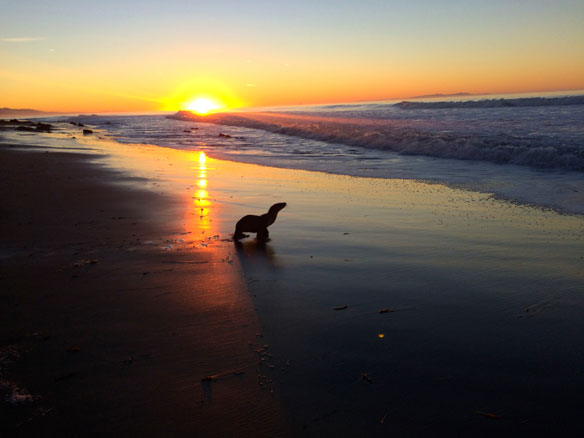
California sea lions have fully rebounded under the protection of the Marine Mammal Protection Act, with their population on the West Coast reaching carrying capacity in 2008 before unusually warm ocean conditions reduced their numbers, according to the first comprehensive population assessment of the species.
Drones confirm importance of Costa Rican waters for sea turtles
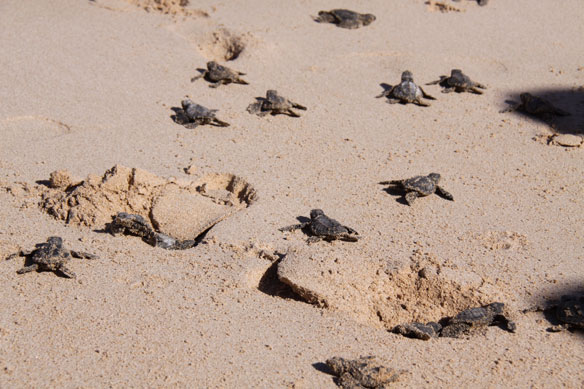
A new drone-enabled population survey – the first ever on sea turtles – shows that larger-than-anticipated numbers of turtles aggregate in waters off Costa Rica’s Ostional National Wildlife Refuge, making it one of the most important nesting beaches in the world. Scientists estimate turtle densities may reach up to 2,086 animals per square kilometer.
Ocean Acidification Changing Mussel Shell Structure

For thousands of years, California mussel shells have been made up of long, cylindrical calcite crystals organized in neat, vertical rows. But scientists have found that as ocean acidification has accelerated over the past 15 years, these shells have undergone dramatic structural changes, being built out of unorganized, uneven minerals instead.
Trump plan to shrink ocean monuments threatens vital ecosystems, experts warn
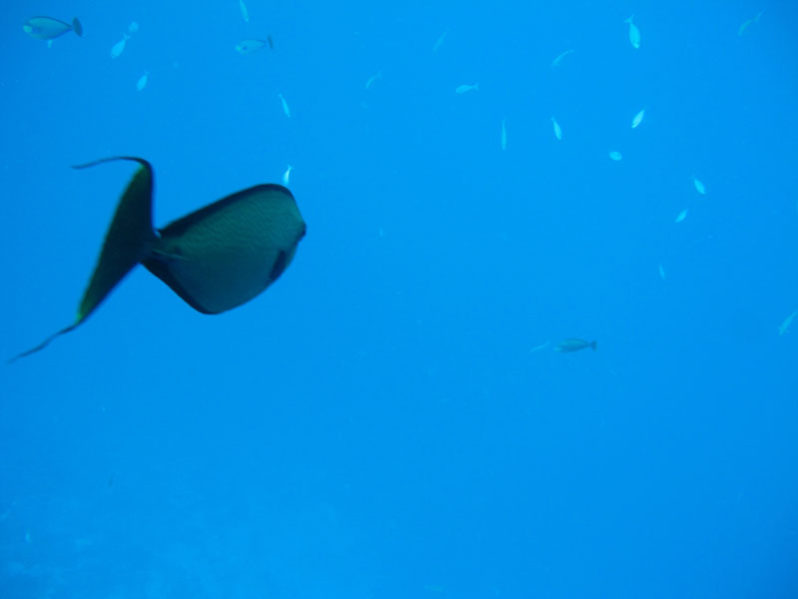
The Trump administration’s plan to shrink four land-based national monuments has provoked howls of anguish from environmental groups, Native American tribes and some businesses.
The UN Starts a Conservation Treaty for the High Seas
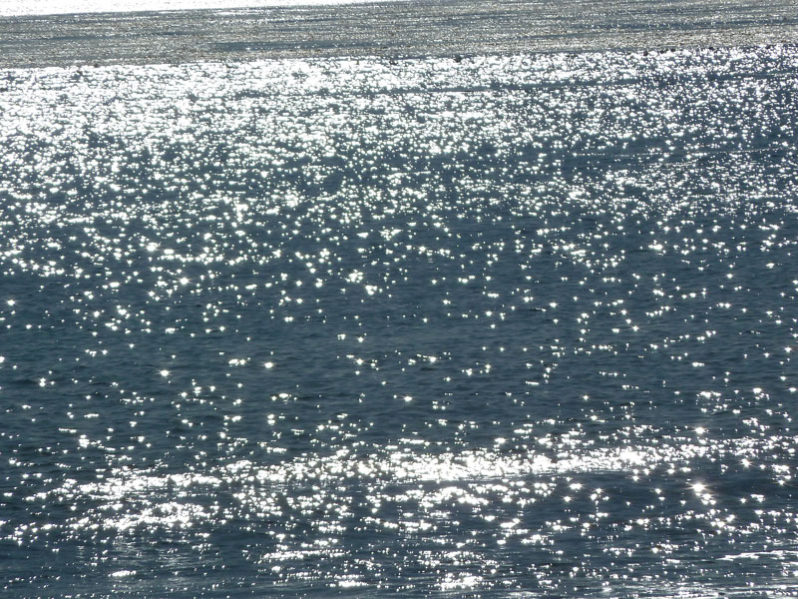
The nations of the world have launched a historic two-year process to create the first-ever international treaty to protect life in the high seas. Covering nearly half of the planet, the high seas are international waters where no country has jurisdiction.
The Caribbean is stressed out
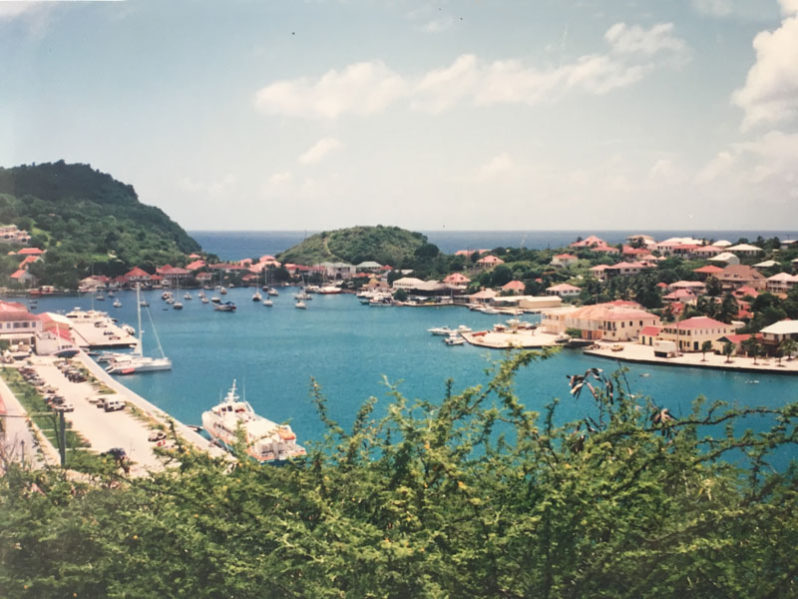
Forty percent of the world’s 2.5 billion people live in coastal cities and towns. A team of marine biologists just released 25 years of data about the health of Caribbean coasts.
Already on Brink, Right Whales Are Pushed Closer to the Edge
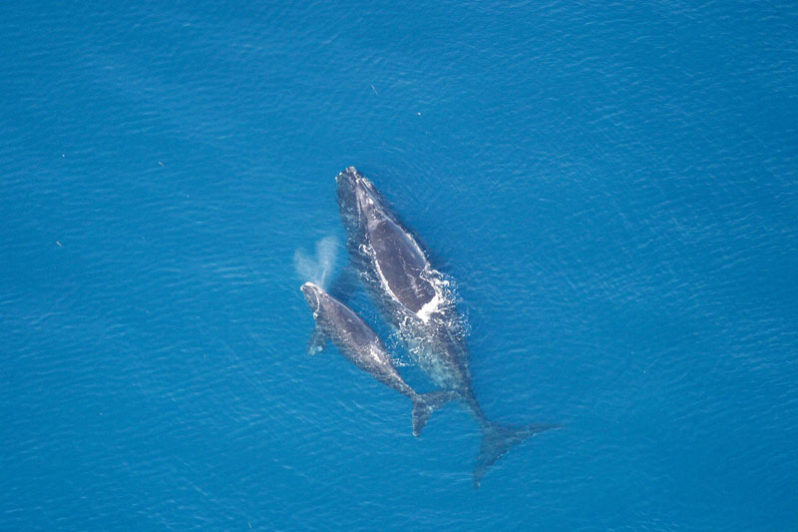
North Atlantic right whales are one of the world’s most critically endangered large whales. For a few decades, the math for North Atlantic right whales seemed to be working out, and the whales appeared to be experiencing a tentative recovery. But beginning in 2010, the tiny gains in their numbers began eroding.
Marine turtles dying after becoming entangled in plastic rubbish
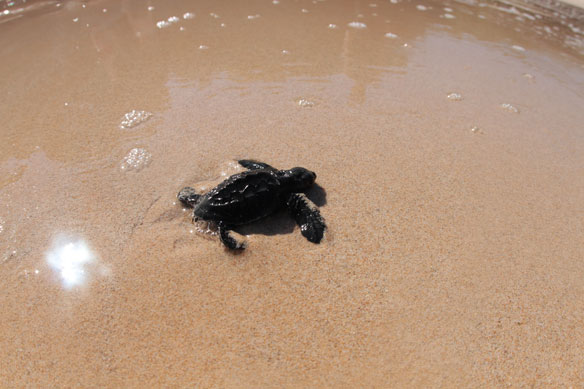
Hundreds of marine turtles die every year after becoming entangled in rubbish in the oceans and on beaches, including plastic ‘six pack’ holders and discarded fishing gear.
Can Data Save Dolphins? How Scientists Are Using NASA Data to Study Link Between Solar Storms and Animal Beachings
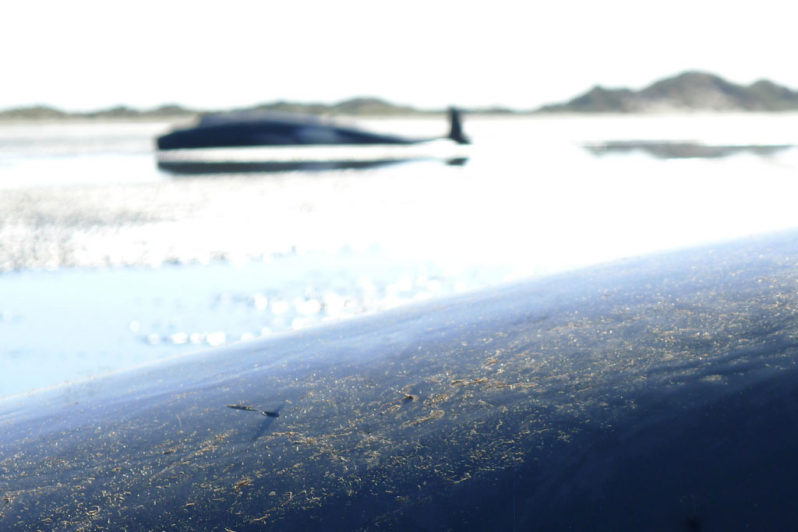
The age-old mystery of why otherwise healthy dolphins, whales and porpoises get stranded along coasts worldwide deepens: New research suggests space weather is not the primary cause of animal beachings — but the research continues. The collaboration is now seeking others to join their search for the factors that send ocean mammals off course, in the hopes of perhaps one day predicting strandings before they happen.
